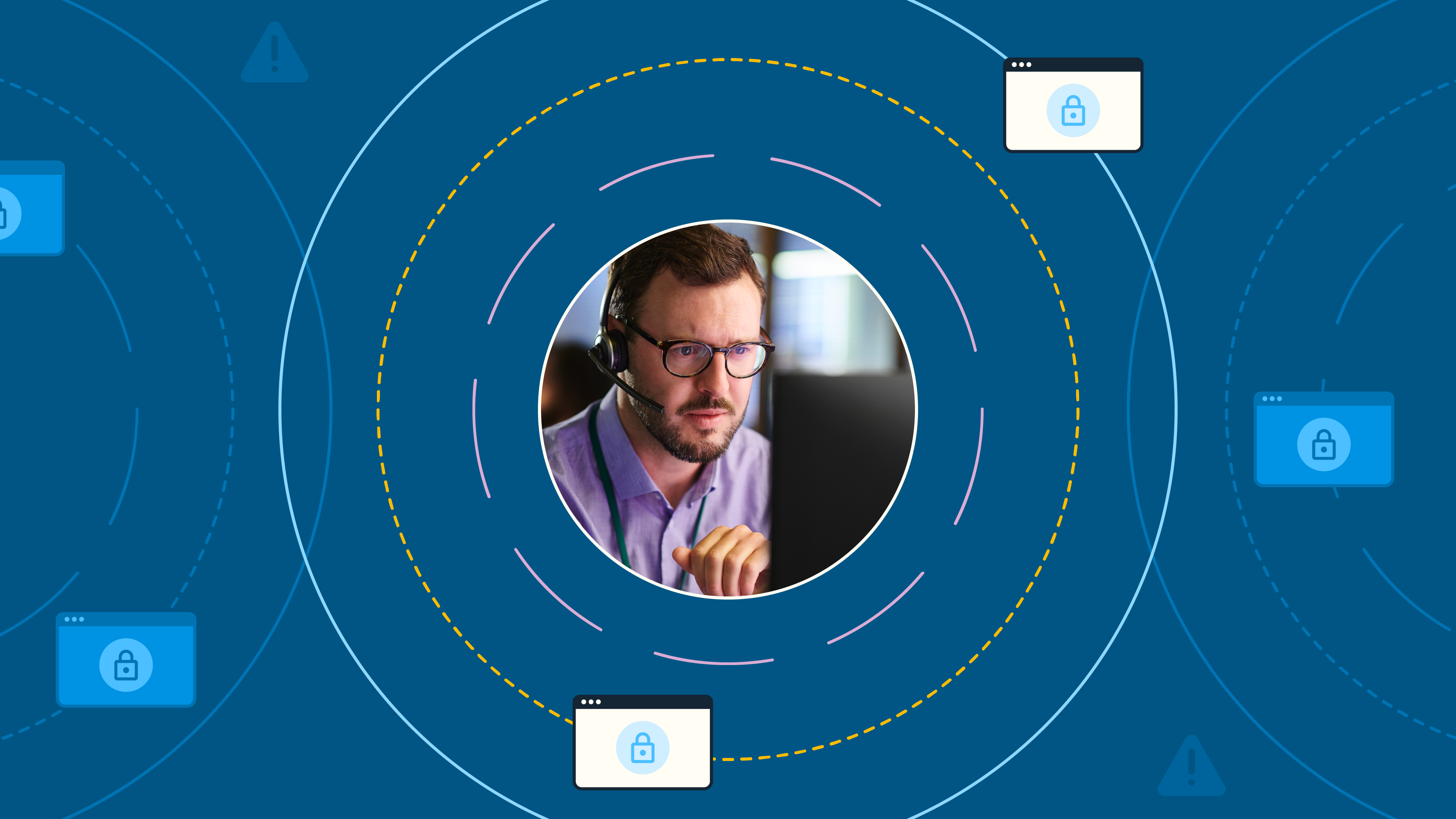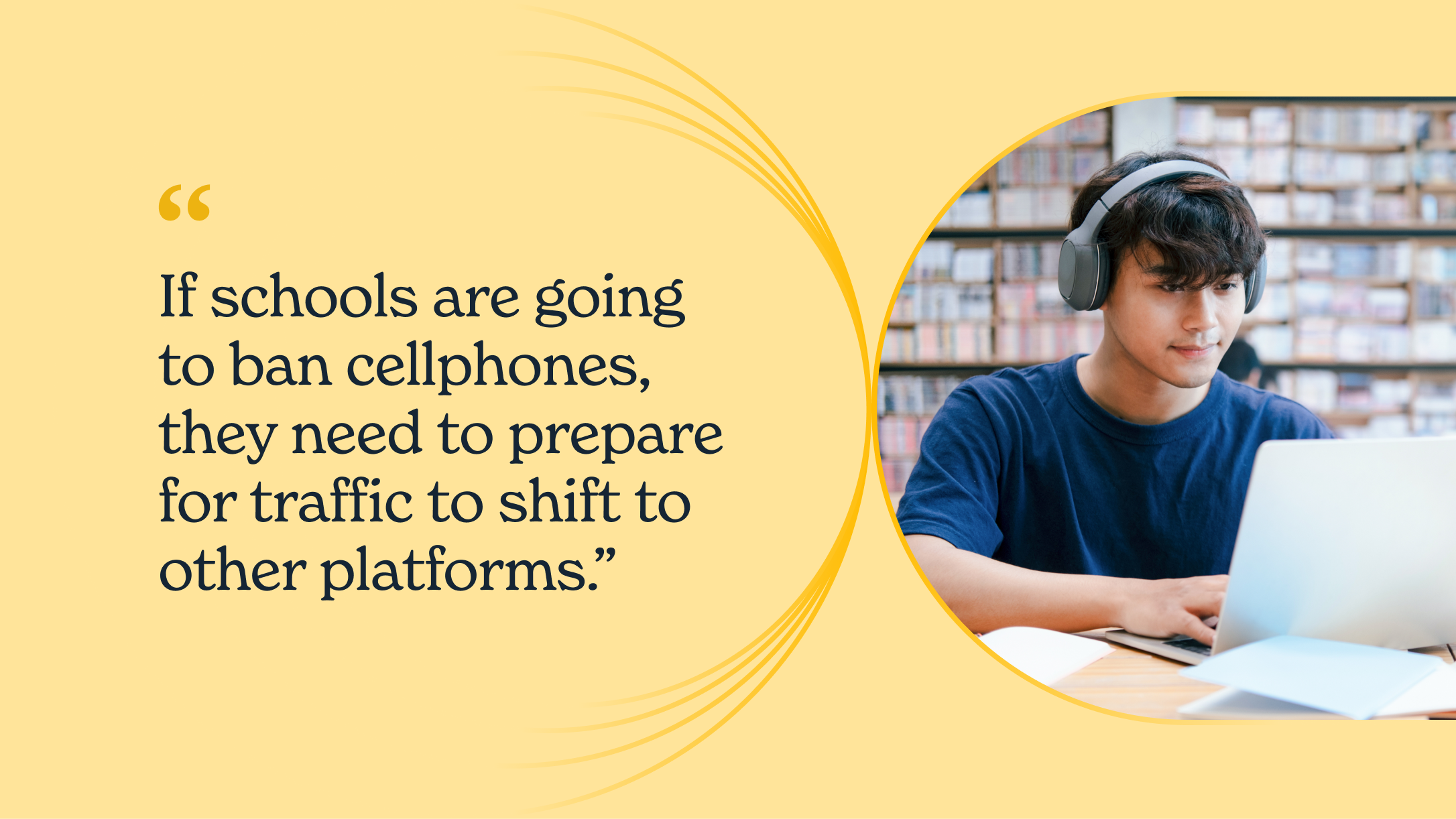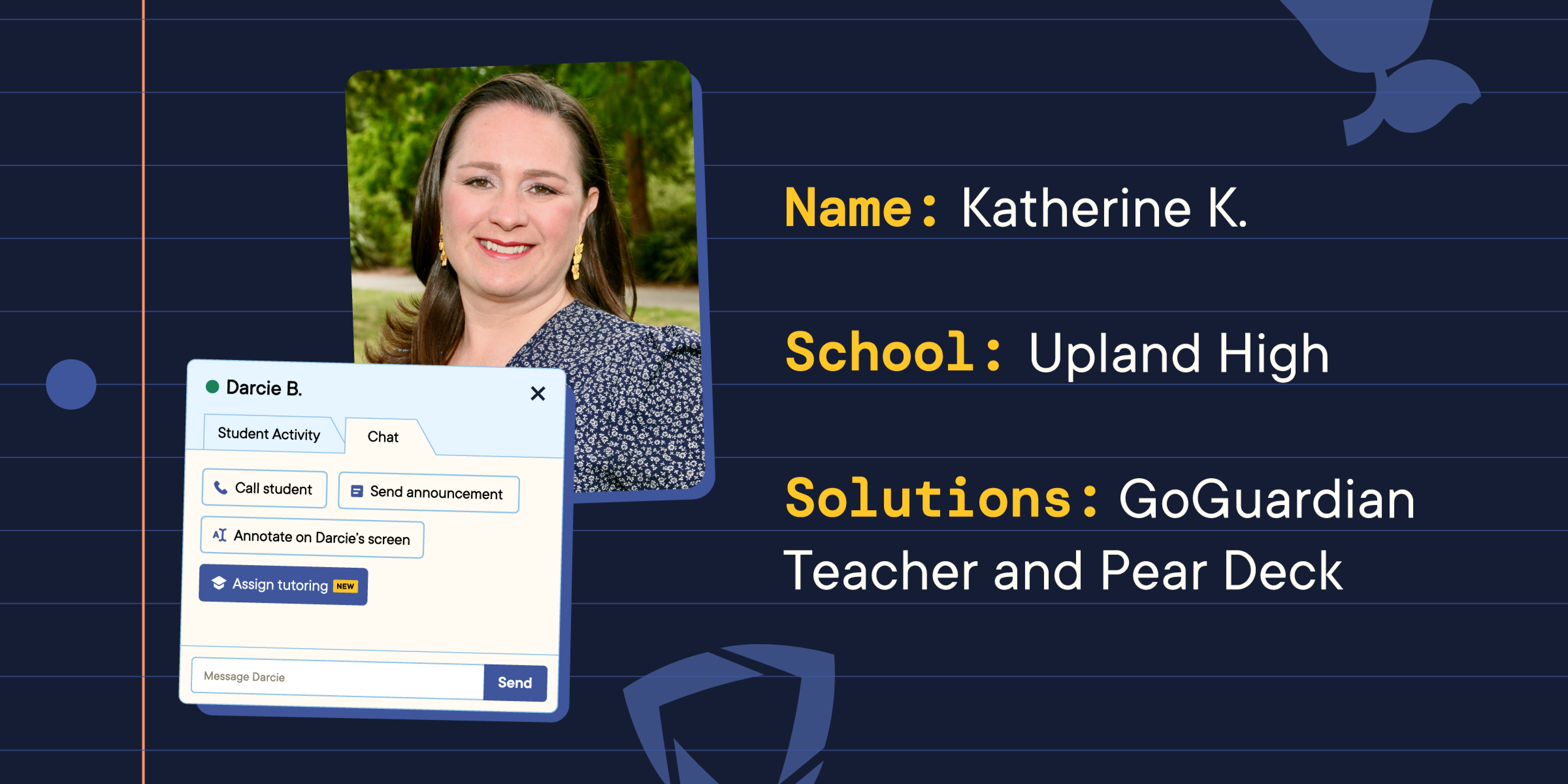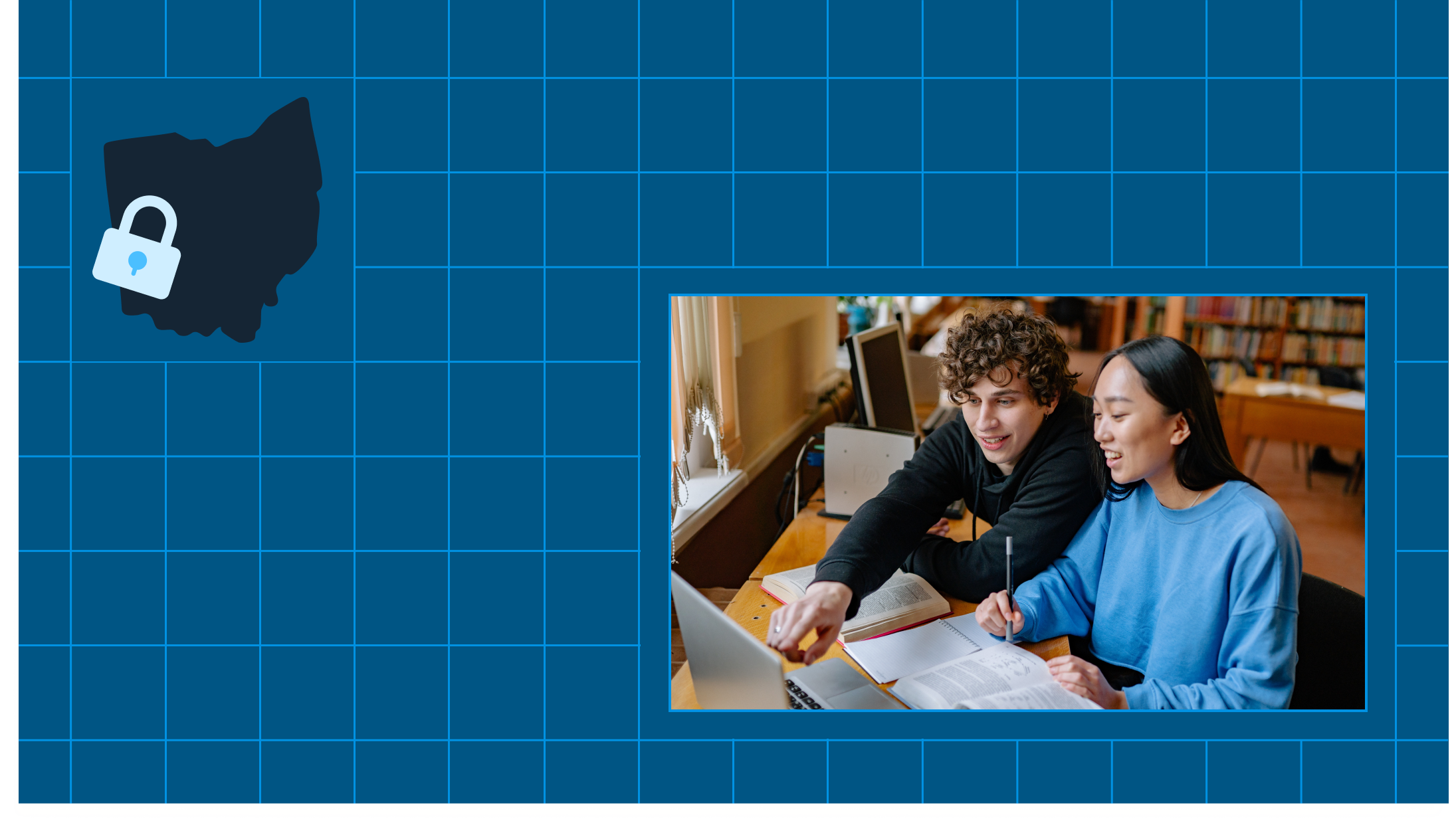
As technology continues to transform the educational landscape, schools face the challenge of ensuring compliance with regulations while keeping caregivers informed and engaged.
Ohio Senate Bill 29 (SB29) serves as a key legislative effort in this regard, setting forth important guidelines for educational technology vendors. This law mandates edtech providers implement stringent data protection protocols while also clarifying schools' responsibilities in observing student online activity.
At GoGuardian, it is of the utmost importance to us to support schools navigate these requirements while fostering communication with caregivers. By prioritizing compliance with SB29, we empower schools to leverage technology effectively, ensuring they can focus on education while keeping their caregiver communities updated and connected.
In this Q&A, Teddy Hartman, Senior Director of Privacy & Trust for GoGuardian, discusses how SB29 impacts schools and the ways technology platforms can support compliance, enhance communication, and strengthen the relationship between schools and caregivers.
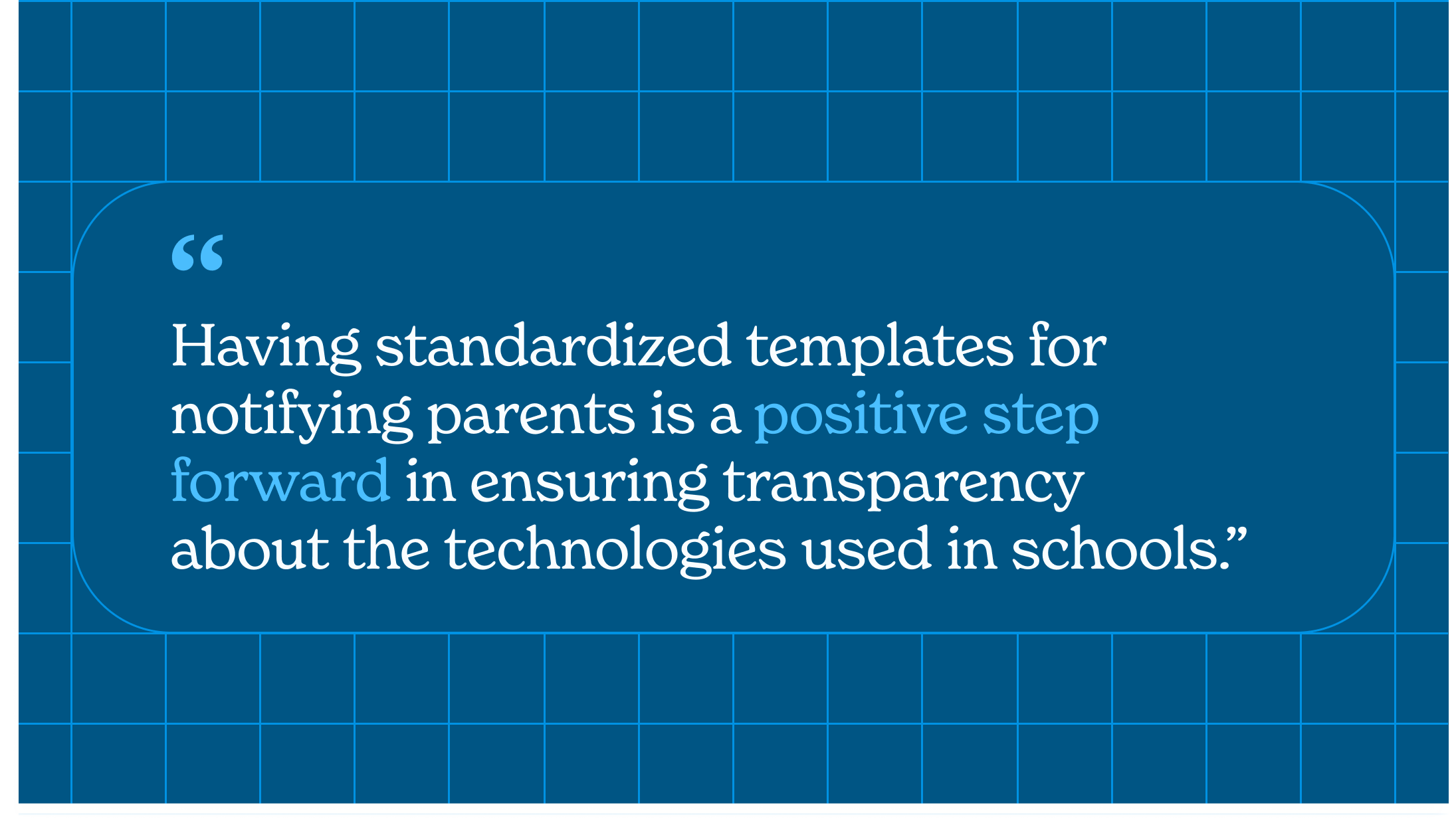
What are the requirements of Ohio SB29 regarding the protection of student data?
Teddy Hartman: SB29 mandates that edtech vendors follow specific privacy practices to ensure that schools retain control over student data and refrain from using it for commercial purposes. GoGuardian was already compliant with these requirements before this bill was introduced. Additionally, the law restricts how schools can access students' online activities while providing important exemptions.
Schools can assess online activity for educational purposes and safety alerts through tools like GoGuardian Teacher, Admin, and Beacon. Also, districts must comply with the Children’s Internet Protection Act (CIPA) to receive federal funding - a federal law that requires schools to create safe online environments for students.
SB29 outlines clear permissible uses for online safety and productivity tools. It also includes two types of notifications. First, schools must provide annual notifications to caregivers explaining how they use edtech tools in compliance with these regulations. To support schools in providing this general notice, we have sample letters for GoGuardian Teacher and Admin and Beacon, which schools can modify to explain why they use our technologies and how they comply with student security requirements. These can be part of the school’s annual notice to caregivers regarding the technology they utilize.
The bill clarifies requirements surrounding what has often been a longstanding practice of notifying caregivers about tech products used in schools. Although schools have been doing this for some time, having standardized templates is a positive step forward. Best practices suggest schools should inform caregivers about what tools are being used and why.
The second notification requirement involves a 72-hour notification when a specific action is taken regarding a student's online activity. To support schools in meeting this requirement, we provide a parent app that offers accessible data on alerts generated and actions taken by teachers, such as blocking or unblocking sites and managing tabs to help students focus. Furthermore, we are enhancing our email notification system to give schools the option to send notifications to caregivers about access or observation of student activity on school-issued devices. This additional transparency and connectivity for caregivers is slated for early 2025.
How do GoGuardian's tools comply with the new regulations introduced by SB29, and what steps are being taken to protect student data?
Hartman: SB29 prohibits edtech companies from using student data for any commercial purposes. GoGuardian has never used student data for commercial purposes. The law requires schools maintain control over their data, and we have designed our products so schools retain full control of student data. We are only a processor of student data. We have implemented strong technical and administrative protections around that data and are independently certified as compliant with all federal laws regarding student privacy.
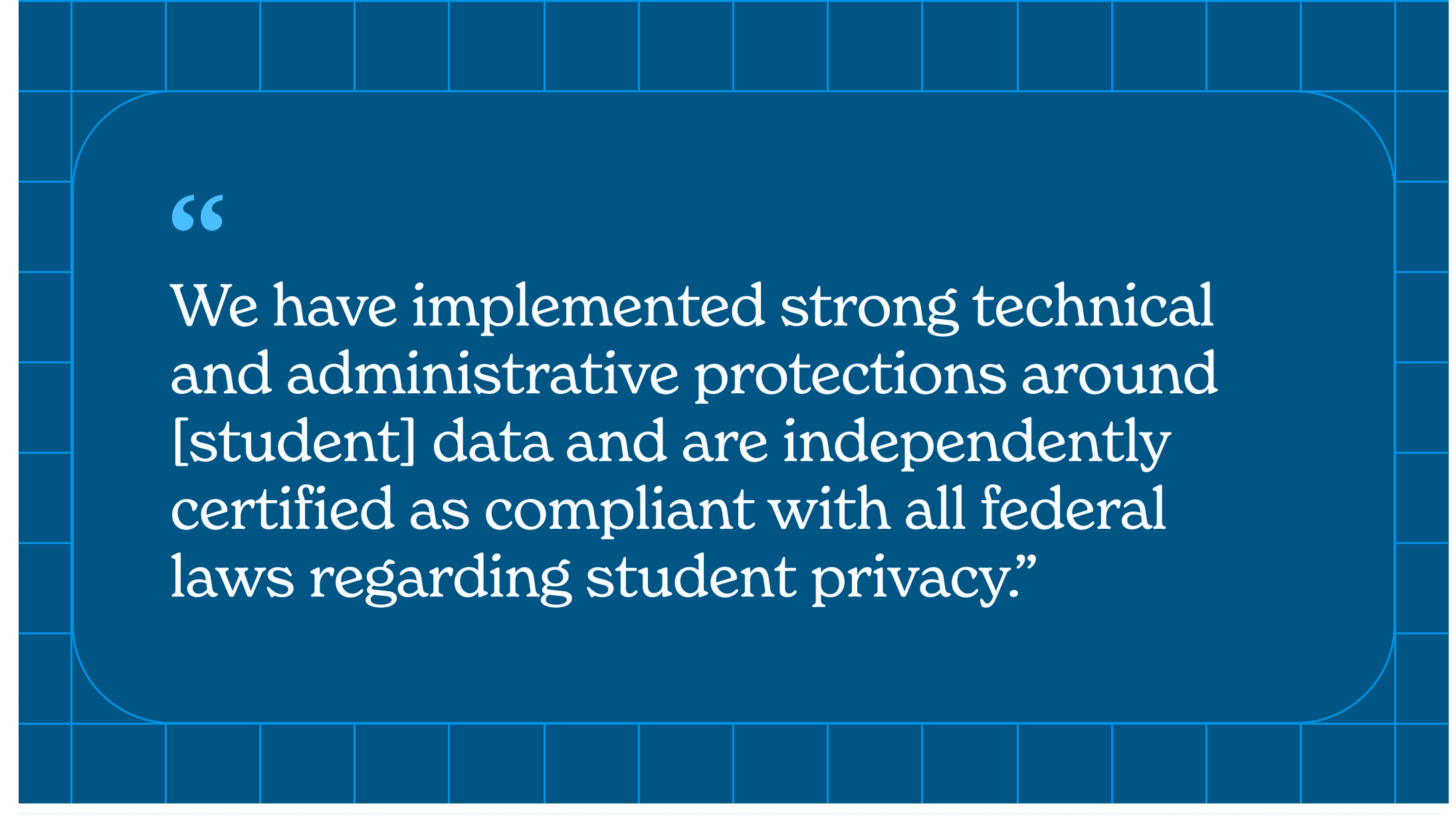
In your opinion, how might Ohio's SB29 influence future legislative efforts in other states concerning student data security?
Hartman: The law emphasizes transparency; schools should communicate openly with caregivers about the technologies they use and the data protections schools have in place with technology providers.
Finally, the 72-hour notification requirement could set an unanticipated precedent for accountability in observing student activities. The burden of notification falls on both caregivers and schools, leading to what we might call "notification fatigue." While the intent is to keep caregivers informed about concerning behavior — similar to how schools inform caregivers if a student misses school or faces disciplinary action — it's important to balance this with practicality.
How can edtech companies work collaboratively with schools and lawmakers to enhance student security while still providing effective educational tools?
Hartman: Policymakers are rightly focused on ensuring student data is protected and companies are not monetizing that data. They want to guarantee that schools maintain control and that we are genuinely serving their needs. One way we can work together is for policymakers, school officials, and technology providers to come together and clarify our intentions.
We should focus on creating laws that support our goals while minimizing any unintended effects. For example, receiving an overwhelming number of emails about every minor action — like daily notifications about a student's search history — can feel excessive. In a more traditional setting, I wouldn’t want to receive multiple phone calls about my first grader’s behavior for every reminder to sit down. It's important for us to stay informed about significant matters, but we also need to strike a balance. One effective way to enhance collaboration is to ensure our laws reflect our shared intentions and avoid any unintended consequences.
If you're interested in seeing how GoGuardian's tools can help your school meet compliance standards, request a demo of GoGuardian Admin here to get a closer look at how we can support your efforts.
